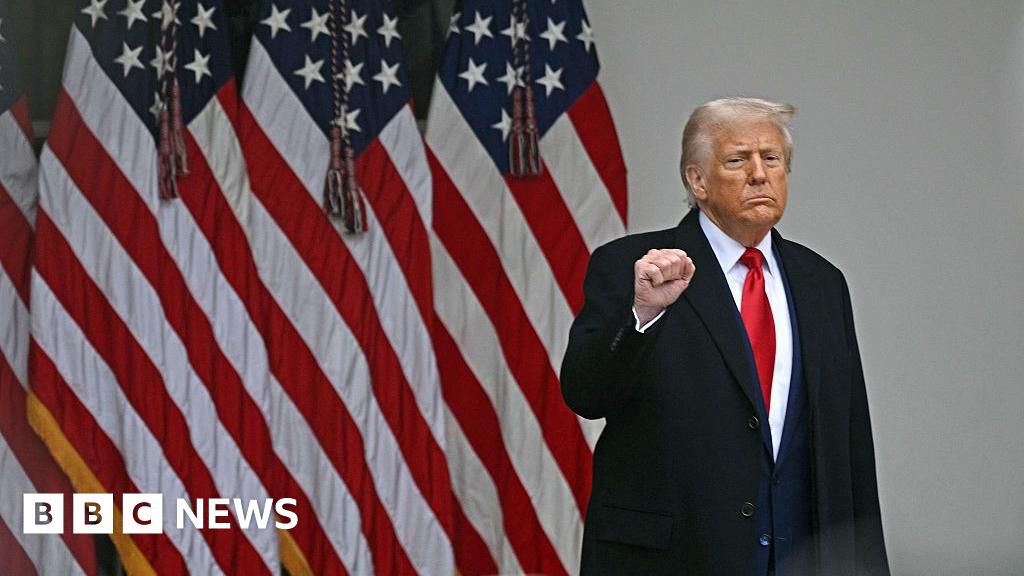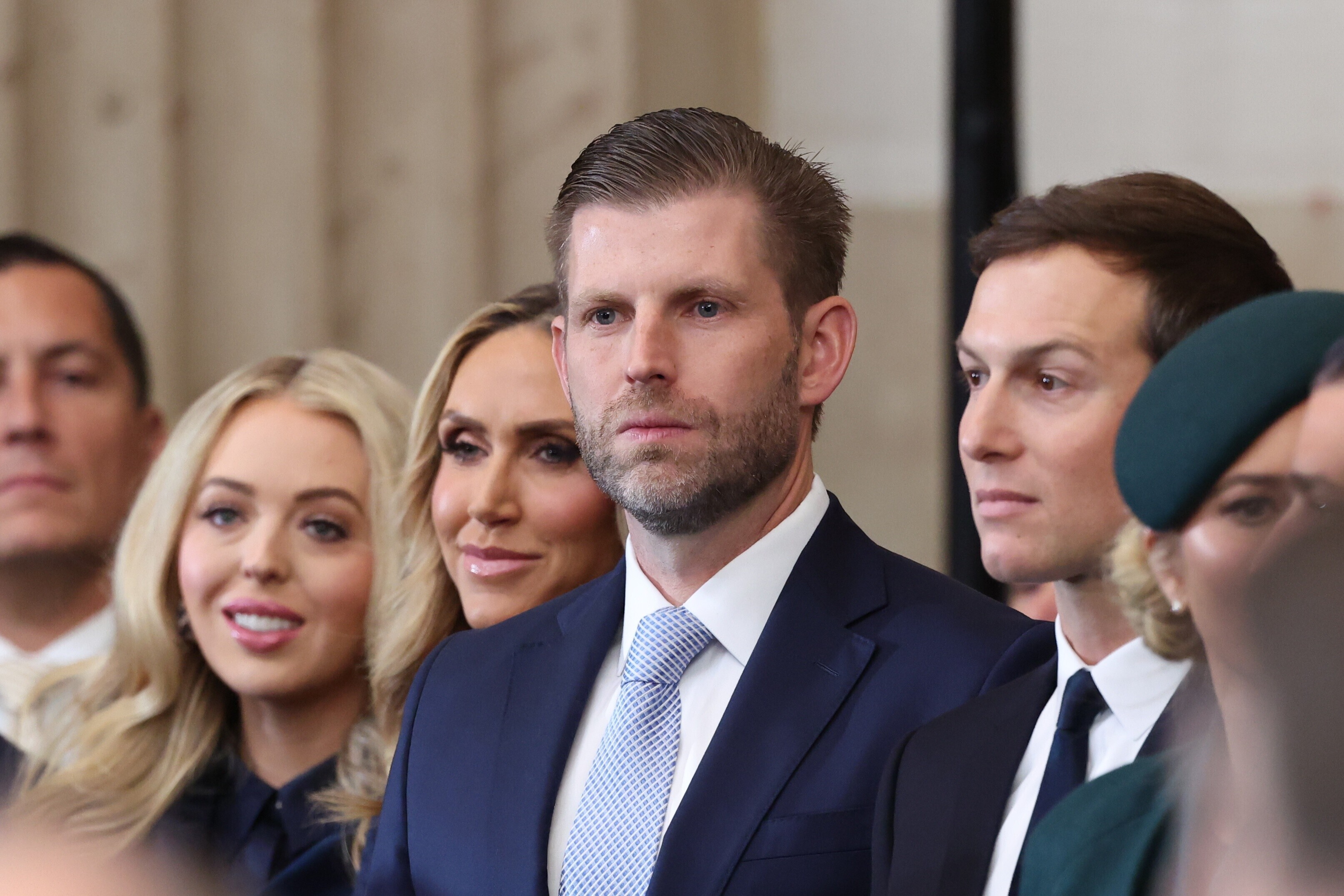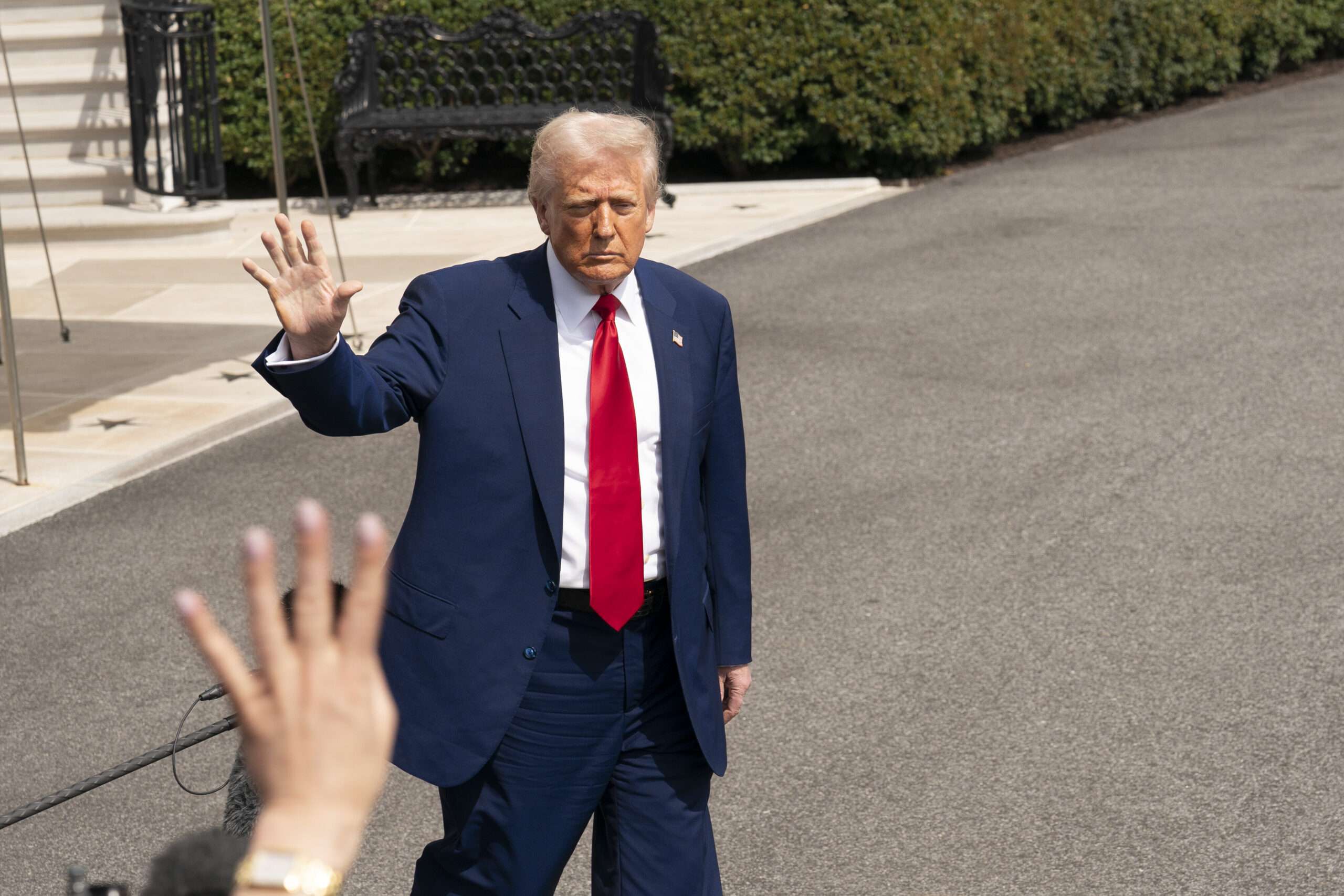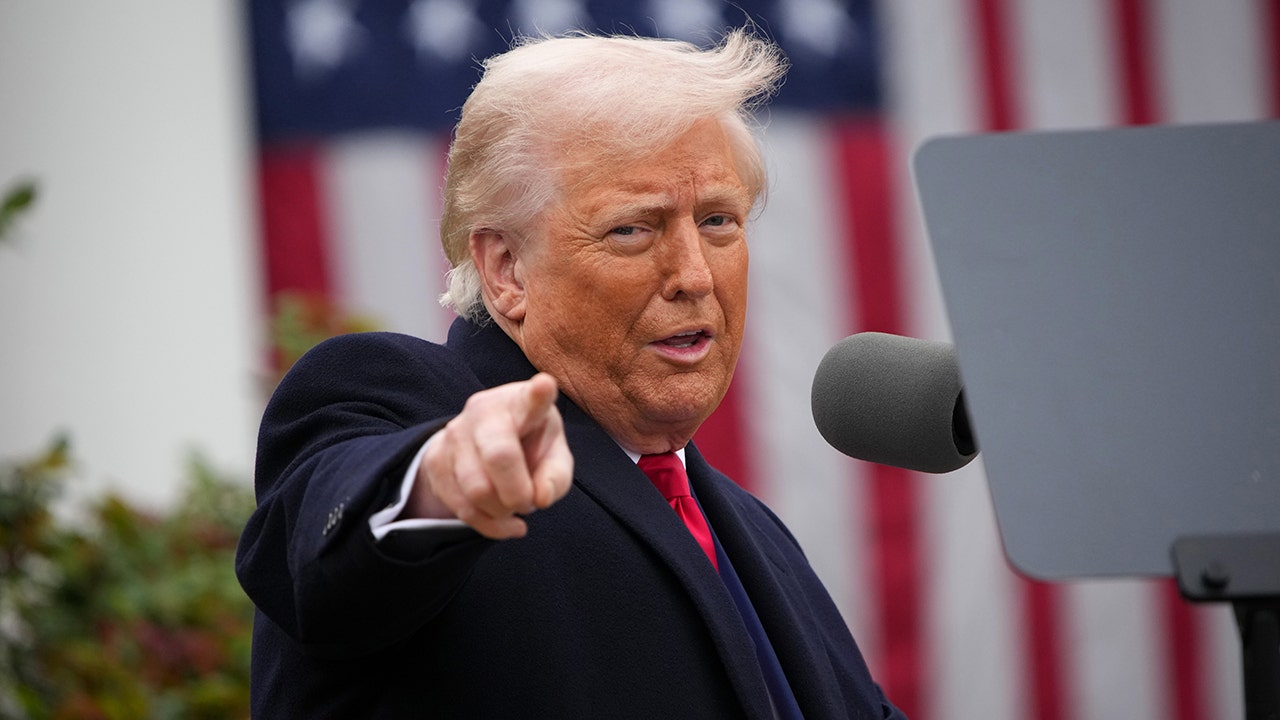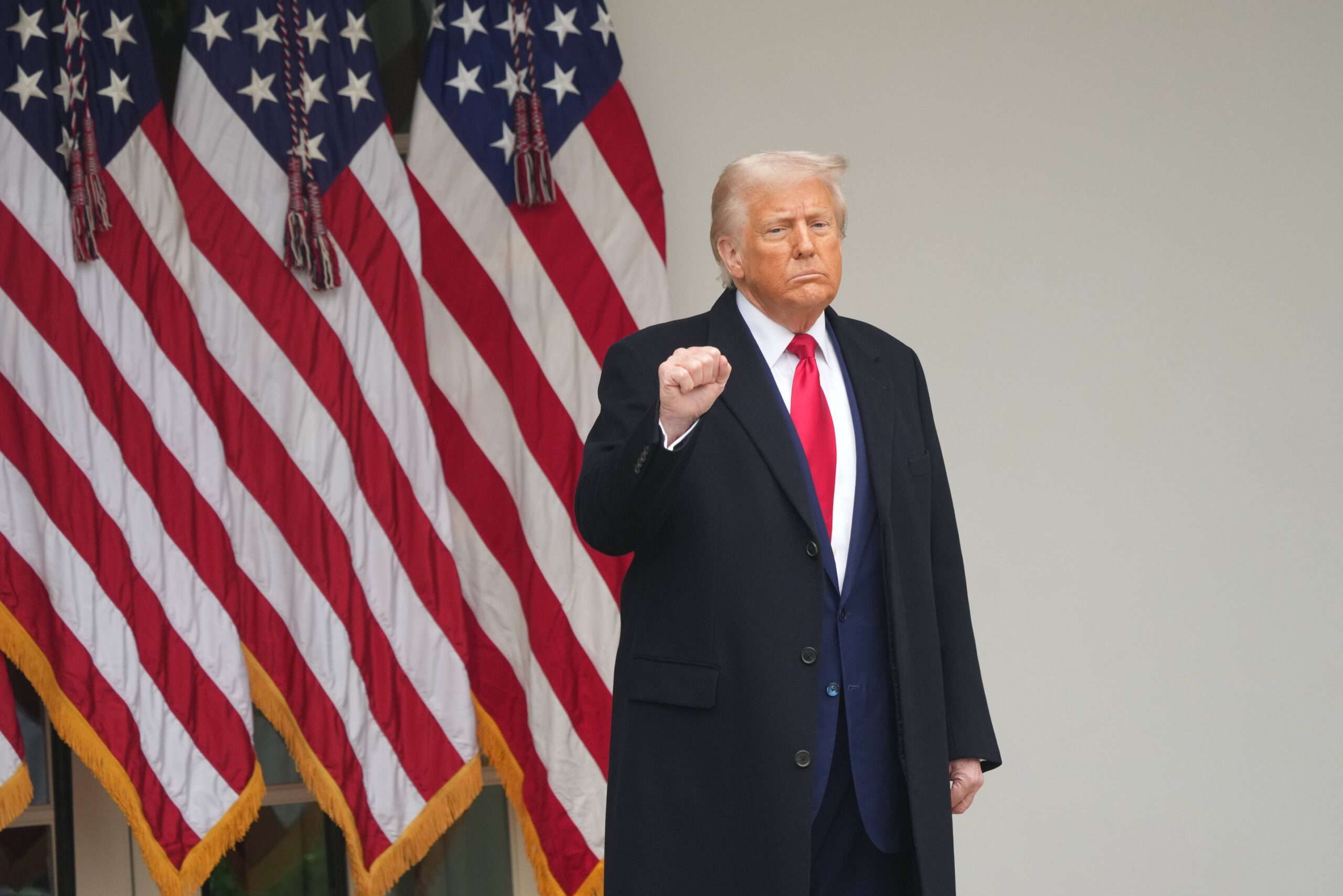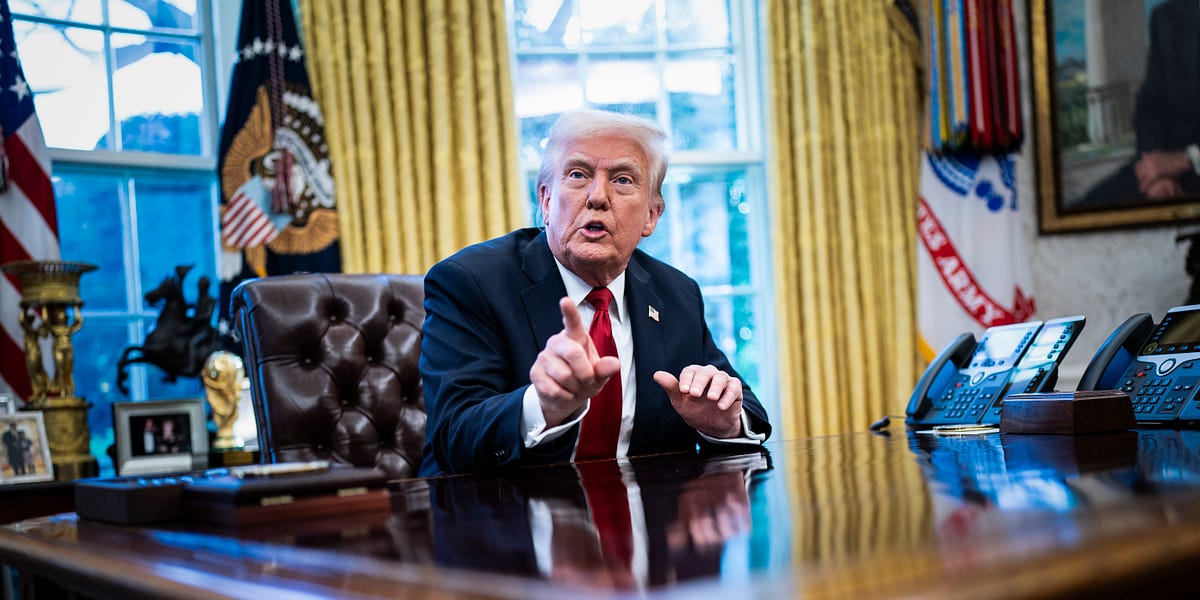Trump's Tariff Announcement Sparks Global Market Turmoil, Political Backlash
President Trump initiates sweeping tariffs amid market decline and opposition, as global responses unfold.
Overview
Recent discussions about President Trump's new tariffs have intensified, with the president labeling April 2 as America's 'liberation day.' Trump announced a 10% baseline tariff on imports, escalating to 25% on foreign automobiles. This move has triggered a severe stock market decline and prompted retaliatory tariffs from China and the EU, causing global economic instability. Despite backlash from notable Republicans like Ted Cruz and ongoing legal challenges to his immigration policies, Trump remains firm in his protectionist stance, suggesting it will ultimately lead to economic growth. The political ramifications are becoming evident as opposition to his approach strengthens.
Content generated by AI—learn more or report issue.

Read both sides in 5 minutes each day
Analysis
- Trump's approach to tariffs is simplistic and lacks nuance, treating trade as a zero-sum game without understanding the complexities of international relationships and economic impacts.
- The historical context of trade shows that tariffs can be detrimental, as their imposition can lead to economic instability, affecting the middle class and driving up consumer costs.
- There is a need for a more measured and informed debate on tariffs in the U.S., with an emphasis on legislative oversight rather than unilateral executive action.
Articles (16)
Center (8)
FAQ
Trump's tariff policies are expected to lead to higher consumer prices, slower economic growth, and potential job losses in industries that rely heavily on imported goods. They may also provoke retaliatory tariffs from trading partners, further destabilizing the global economy.
While tariffs might temporarily boost certain US industries like steel production, they can harm manufacturing sectors that rely on imported materials. Additionally, tariffs on strategic goods like semiconductors can impede innovation and competitiveness in key sectors.
The tariffs could lead to political backlash, especially if they result in economic downturns or higher prices. This could impact the midterm elections and potentially shift political power in Congress. Additionally, aggressive tariff policies may erode international alliances and US economic influence.
Trump's tariffs are reshaping global trade by prompting trading partners to seek alternative markets and alliances. This could accelerate the decline of US economic power and influence, as countries diversify their trade relationships to mitigate the impact of US tariffs.
History
- 3M

 3 articles
3 articles
- 3M

 4 articles
4 articles
- 3M

 4 articles
4 articles

